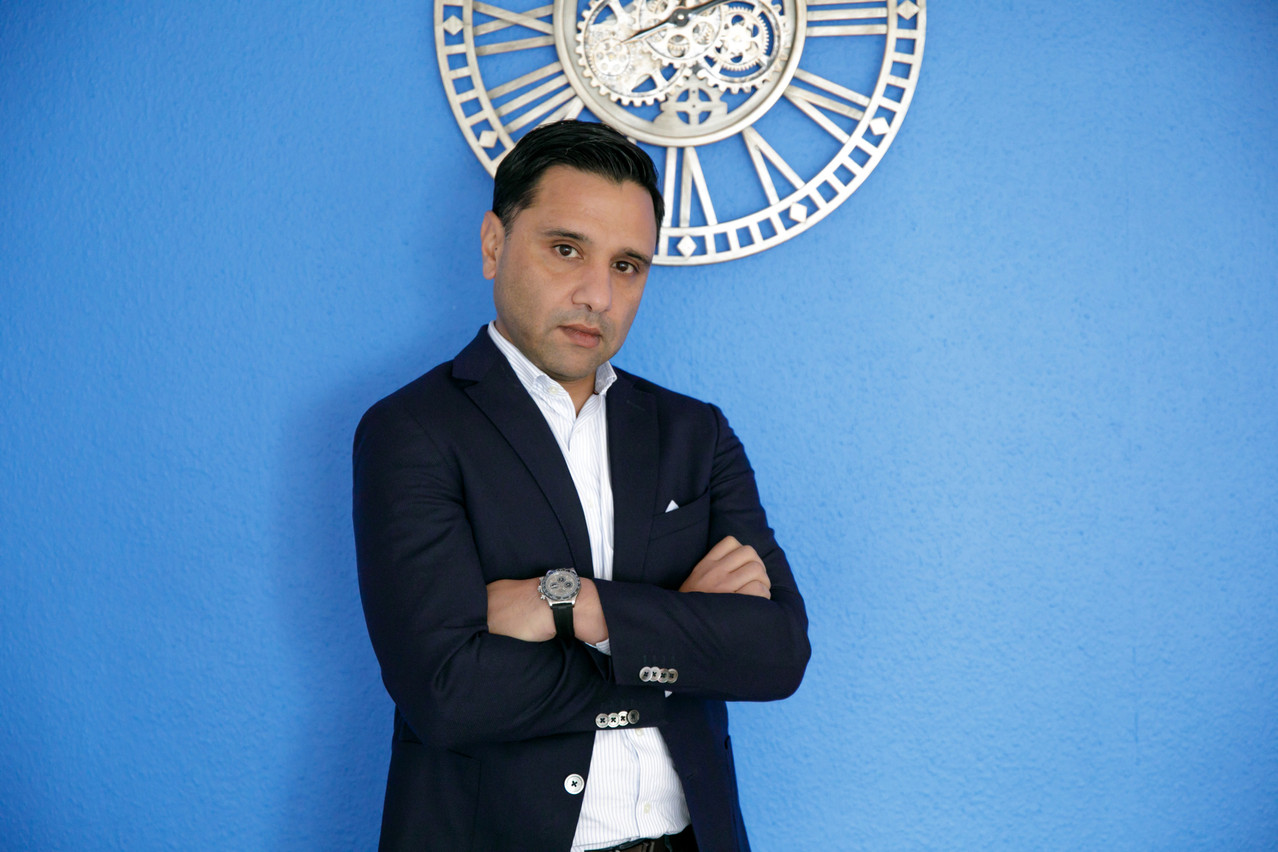As mentioned in , private equity investments, which were previously only available to institutions and ultra-high-net-worth family offices due to their illiquidity, have changed. Alternative investments can now help individual individuals build diversified portfolios that fulfil their financial goals.
This democratisation of private markets has many advantages. After all, why should institutional investors have monopoly rights to an asset class that has historically performed well and diversified?
Several initiatives, led by investors and regulators, intend to make private markets more accessible.
Some retail investors are gaining exposure to private equity firms by purchasing shares in publicly traded firms. Others are investing in the market through private equity investment trusts. Technology platforms allow people to invest as little as €50,000 directly into private equity feeder funds. Overall, there is an increasing demand from individual investors for alternative investment strategies.
Retail investors’ motivations are understandable. Traditional equity investment opportunities are becoming scarce. Public companies are being delisted, while high-growth businesses have remained private for more extended periods.
Alternatives provide you access to a vast and expanding world of private enterprises, from fast-growing startups to prominent names in technology, media, healthcare and consumer goods. Private enterprises with more than $100m in annual revenues are six times more numerous than public corporations with similar revenues in the United States alone. Because long-term growth funding is plentiful, many growth companies are opting to remain private. Top-performing fund allocations can outperform comparable public benchmarks. They can also provide valuable diversification and intriguing theme investing exposure.
New look at alternatives needed
Across asset classes such as private equity, several of the most well-known asset managers have made innovative alternative strategies available to regular investors. Financial advisors or private banks in Luxembourg may wish to take a new look at what has long been a go-to asset class for major institutions and family offices.
Recent surveys indicate that private investors are willing to allocate 15%-20% of their portfolio to alternatives, i.e., private equity funds. Unfortunately, I often note that local Luxembourg banks are not offering a wide range of alternative funds in the management of their client’s portfolios.
When analysing solutions that invest in illiquid investments, advisors must understand their clients’ needs and ask the correct questions. They should be aware of a fund’s liquidity profile and its ability to meet repurchase requests. It’s also crucial to understand how and why a fund uses leverage. Leverage, when used correctly, can provide attractive risk-adjusted returns and allow funds to remain fully invested while allowing for repurchases and new inflows.
Asset managers and wealth platforms play a critical role in teaching advisors how to build portfolios that maintain continuous alternative asset exposure while also providing enough liquidity.
New approaches aim to control the “J curve” in private equity, which features low early returns that soar later due to the lag between investments and recognition gains. Investors can buy into an existing portfolio of semi-liquid private equity funds at current prices, getting exposure to assets closer to generating rewards.
Knowledge is essential
Individual investors can benefit from alternative investments by increasing their wealth and diversifying their portfolios. However, knowledge is essential to make informed decisions about which products to pursue based on their objectives. Ares is the newest private equity firm to target regular investors and wealth managers. Apollo Global Management also launched a dedicated global wealth management solutions division earlier this year. Its most recent investor presentation stated that the wealth channel would account for roughly 30% of all capital raised over time. Blackstone, the world’s largest private equity firm, has expanded its Private Wealth Solutions division by opening offices in Paris and Zurich. In June, BlackRock teamed with iCapital Network for a series of private market fund launches targeted at wealth managers, hoping to gain from the so-called ‘democratisation’ trend in private markets.
Private bankers and wealth managers play an important role in distributing alternative investment solutions. If Luxembourg banks do not act quickly, they may lose a critical stake in their portfolio management activities with several available direct access feeder platforms for private investors.
is a private equity analyst. He advises several top quartile private equity and real estate funds in Luxembourg.
